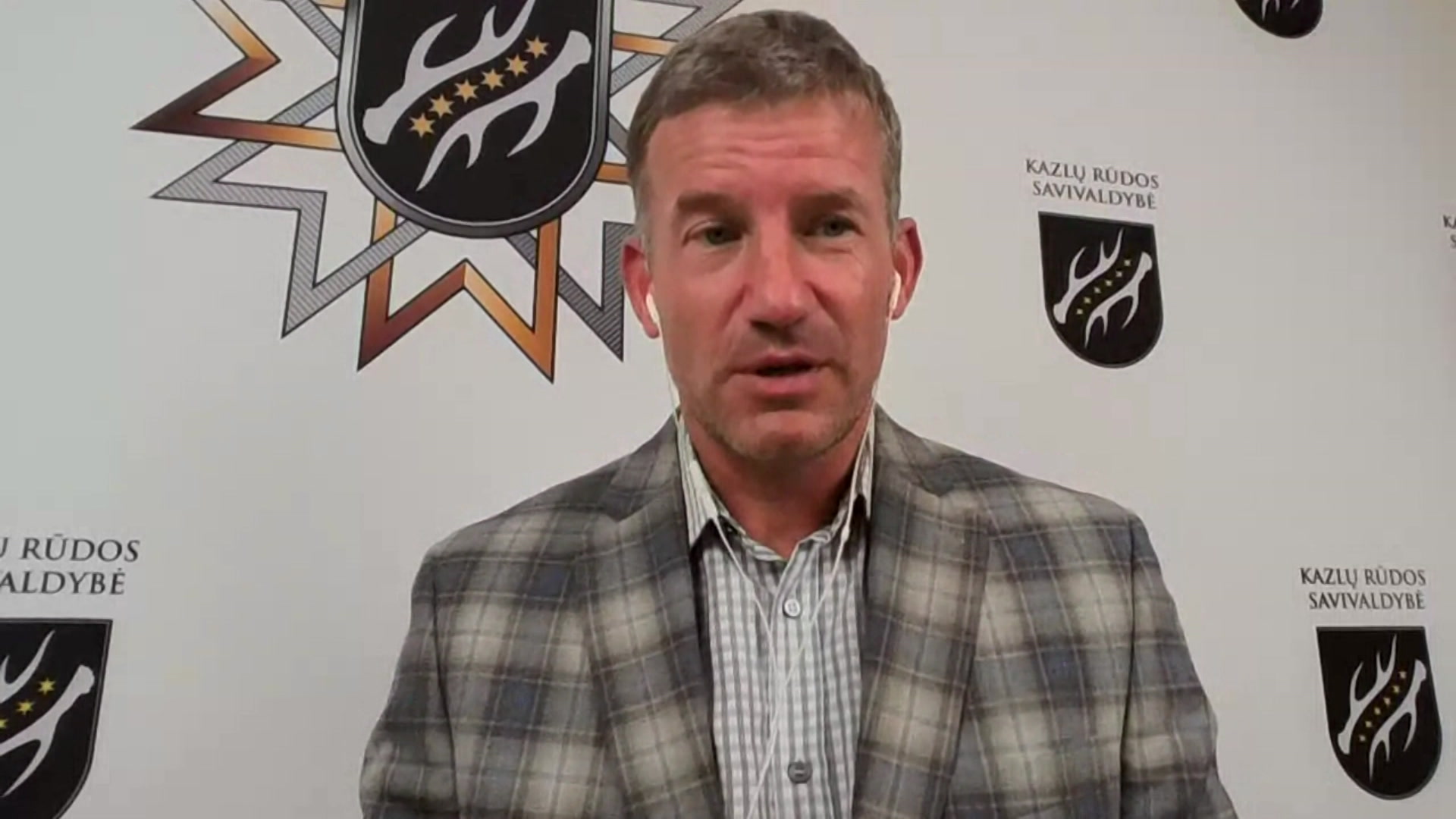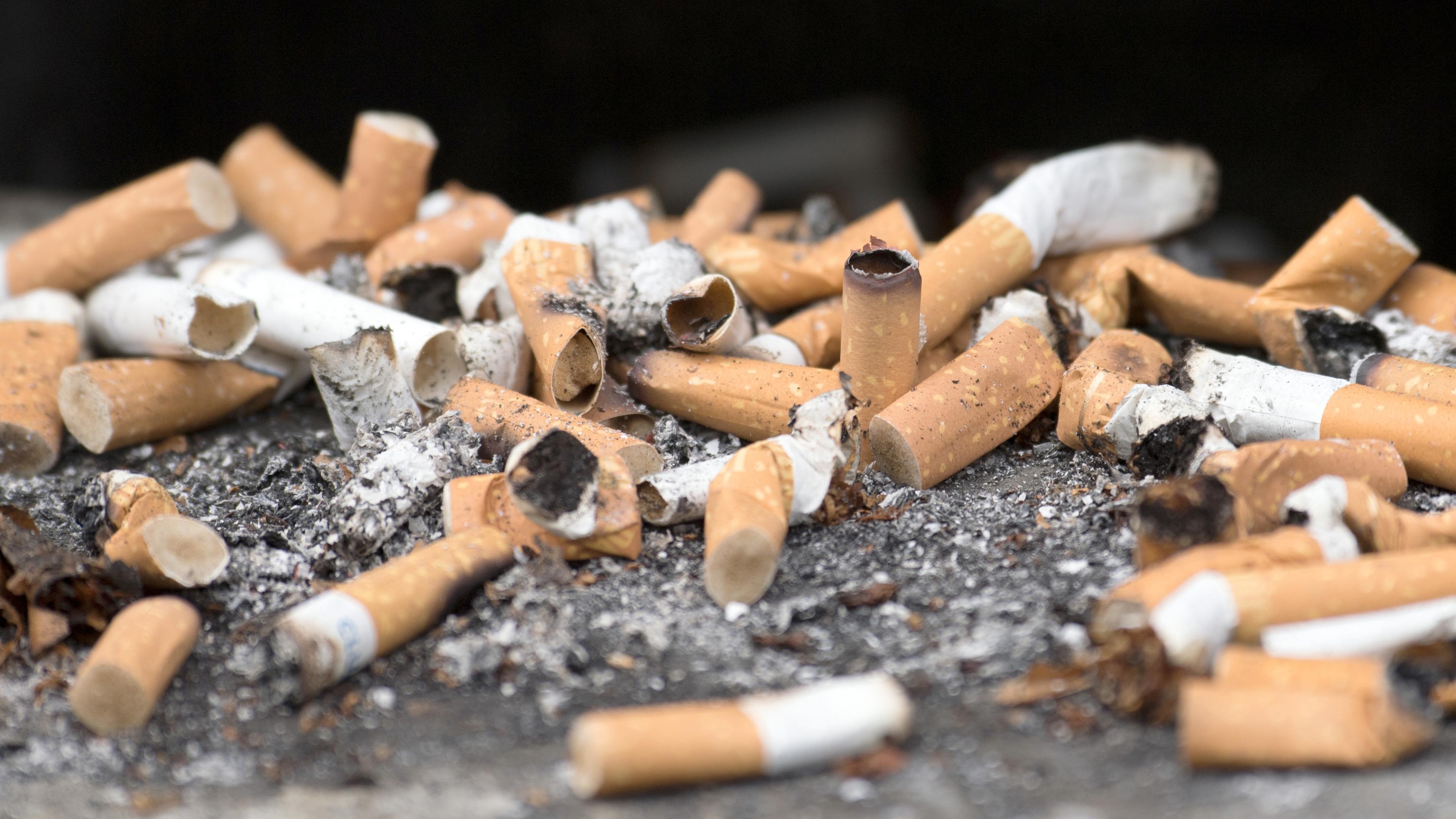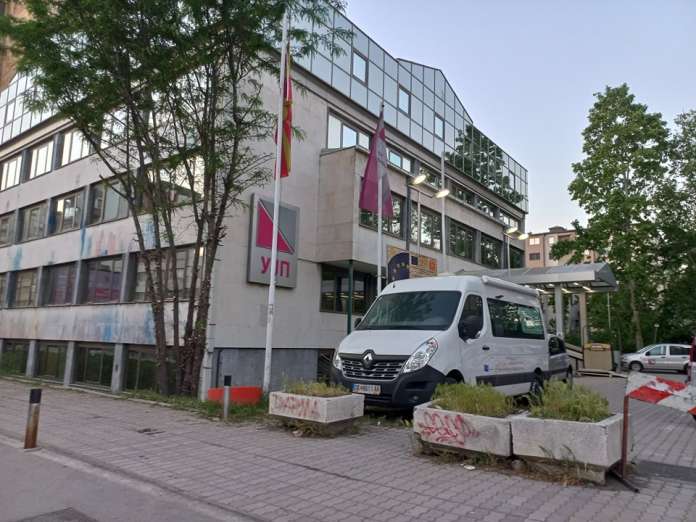« I had love to give, now I only have anger. » What makes an aggressive incel?

« I always had a lot of love to give, but women have rejected me, so this love has turned into hatred, anger and a desire to destroy. » This is one of many testimonials – made by anonymous users – that we have found in the Inel.Is Forum, an online support community for “Involuntary Celibates). The group is intended for « men who have difficulties or cannot get involved in romantic relationships with women, despite trying. »
Although the forum rules prohibit discussions about illegal activities, violence or mass shootings, it is not difficult to find comments to appeal to « revenge » against women. “Death is too good for the evil parasitism of women,” he can read in a comment. “I want to commit atrocities with my broocells, but unfortunately this is just a fantasy of mine and it will never happen. It’s a pity that we can’t unite in any way. It’s all in video games and not in real life,” says one user with the name RealSchizo.
Behind anonymity, there are more than 30,000 men who share experiences of sexual and loving rejection by the female genre. While some maintain a fatalistic victimization speech, others share fantasies and violent plans against women.
Psychiatrist Elsa Rocha Fernandes, a guest teacher at the Psychiatry Department of the Lisbon School of Medicine, helps to explain the phenomenon and how to deal with him.
What leads a young man to identify himself as « incel »?
The concept of “Inel” is related to one belonging to a group that frequents online forums related to the sharing of experiences within the scope of intimate and sexual relations. It is a group of young men, usually men, who tend to feel frustrated with their emotional, relational and sexual experience, so they enter these groups as a form of belonging. Typically, they are moved by the factors of loneliness and isolation.
Have you ever had any patients who identified as « incel »?
Not directly, but I’ve had patients who have beliefs that meet what it is to be “incel”, as the idea of a biological supremacy of men and that the woman should adapt or subdue to men’s needs. There is some admiration for some male figures, especially influencers, such as Andrew Tate.
Some of these patients have the diagnosis of autism, which in literature is referred to as a risk factor. One cannot make a direct relationship between being autistic and belonging to an “incel” group, but autism implies a difficulty in maintaining an affective relationship with another and realizing the social nuances of interaction, which means they are more vulnerable to being captured by these groups.
How does loving frustration evolve into more radical and misogynistic thinking?
It can develop a lot due to lack of real-life structure. Families who have little emotional presence, little support. When there are no family, educational, teachers, other figures, young people end up finding these references in influencers, which are available at any time, or in these groups.
Sometimes the example also comes from the parents themselves or the family environment in which the young man is inserted.
Yes, if parents have as reference that there is a man’s supremacy in relation to women, that traditional values are the right, that feminism misrepresents society, etc.
Can the constant rejection by women effectively provoke changes in one’s personality?
It is difficult to start from this principle, because the rejection of the « incel » is neither exclusively sexual nor emotional, it is almost a continuum of rejection. This would almost be to blame for women when they do this process of victimization and generalizations: « women are all like that » or « beauty is the hierarchy that dominates. »
There are studies that also attribute narcissistic characteristics to some of the people who attend these groups. They have an entitlement tendency, the right to be treated in a way, and then they direct this anger to the love companions, to the mothers and family.
And why do some young people channel this frustration to anger and, in extreme cases, for violence?
Anger only as a temporary emotion, directed to sexual and relational frustration, but from someone who has values and empathic capacity for others, is different from the next step, which is hatred. Hate is the desire to exercise all this anger and prolonged frustration in time and is a wickedness directed at each other, which can be fulfilled in violence.
Radicalization factors are often associated with these cognitive distortions. Young people who tend to make abusive generalizations, thinking of a structure of everything or nothing and the blame of women, are the ones that are most easily radicalized.
It is difficult to make an absolute prediction of who will radicalize, because there are several factors. Some literature talks about the transition at the time of despair, which is when the young man is usually depressed and moves to the phase of hopelessness. At this moment it began to contemplate this state as a permanent state: « I will always be a failed », « I will never be able to have relationships with women », « more worth killing and killing me. »
What are the signs that families and close friends should be aware?
Generally, the young man spends many hours isolated in the room to attend these forums; There is a radicalization of misogynistic speech and comments; A worship of figures with extremist speeches and man’s supremacy; and more intense and hostile emotional reactions.
It is important for parents to try to realize what kind of groups children go to and those who follow on social networks.
Do online forums and groups reinforce and amplify the expression of hatred and frustration?
Initially, the group serves as a psychological protection. It’s welcoming, the others understand what I feel, there is a sharing, there is mutual support. At the same time, it ends up amplifying the risk of radicalization and taking more extreme positions, because it validates what I feel. If I feel like I’m ostracized by women, I’m rejected, I’m not beautiful, and there are others who feel the same as me, deep down, there is a retro food.
It is as if I were looking for a cure that feeds the disease.
Can psychological therapy help young people who identify themselves as “inels”? How can they approach them without feeling that attacked or ridiculed?
No doubt it can be a great help. The problem is resistance to treatment. In the forums themselves there are comments on the inadequacy of the psychotherapeutic process, they say it is useless, that it will not solve their problems, and are therefore not very receptive.
Psychotherapy is very useful in work in cognitive distortions, such as generalizations “women are all like that” or “women only attract for beautiful men”, for example. This type of generalizations have a huge space in therapy, especially at the behavioral level, to work and decrease this anger and latent hatred, as well as to work on increased self -esteem.
Then depression can be treated at the psychiatric, pharmacological and psychotherapeutic level, and at the most critical point, in feelings of hopelessness, psychiatric intervention can be very useful, because it already endangers the life of the and others.







:format(webp)/s3/static.nrc.nl/wp-content/uploads/2025/01/11191751/web-1101BIN_XR.jpg)
